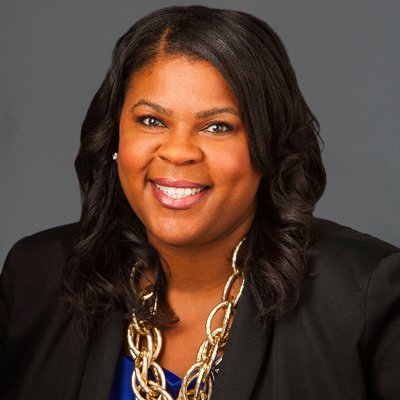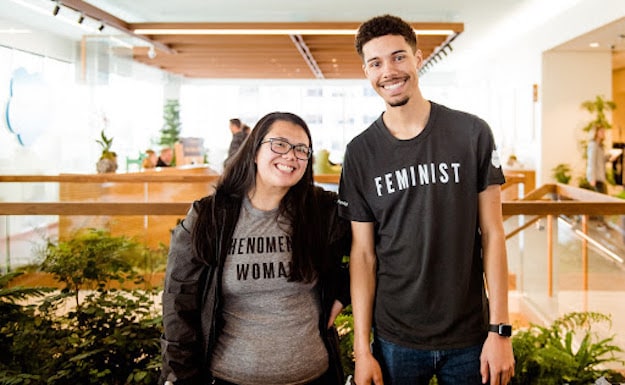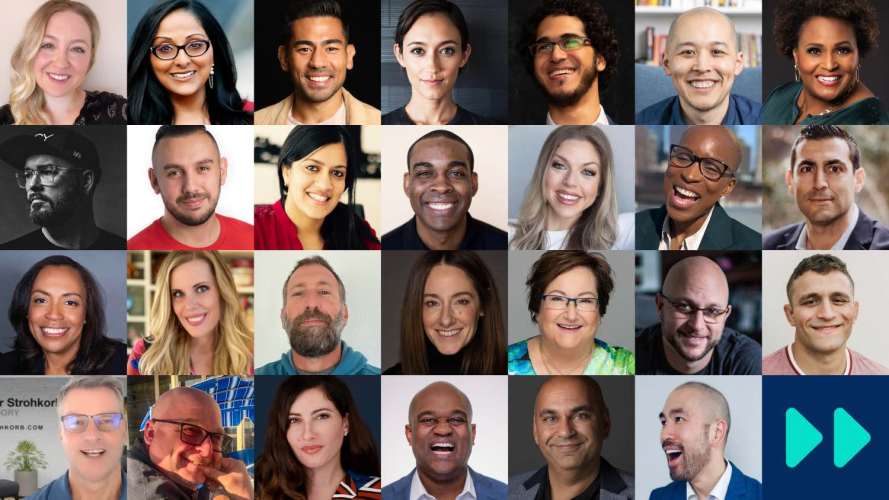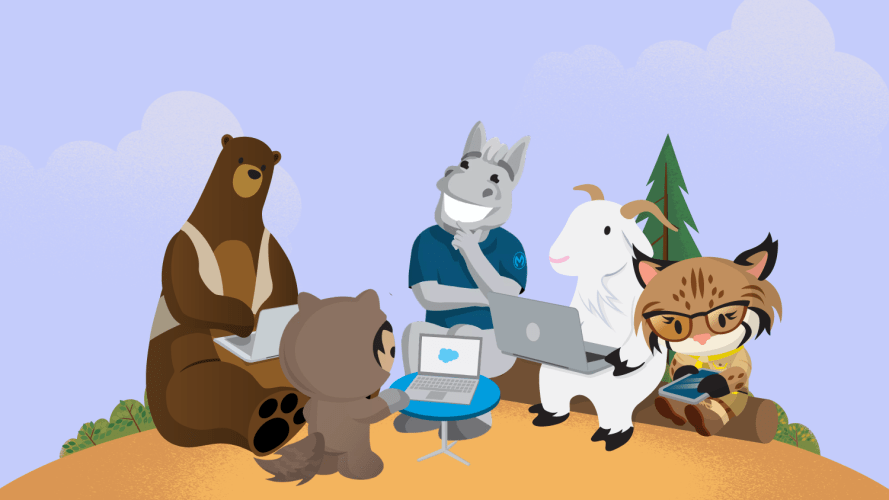5 Ways To Honor and Advance Equal Pay



Whether you’re a leader or individual contributor, you can become an equal pay advocate. Here are 5 things to remember as you champion equal pay.

Molly Q. Ford
What I admire most about this company is that even in the hardest times we strive to lead with our values. I am filled with pride that — guided by our value of equality — we continue to deepen our commitment to equal pay and are empowered to have this important conversation about the gender pay gap.
March 14, 2023, is Equal Pay Day — symbolizing how far into the year women must work on average to earn what men earned in the previous year. We mark this day to bring awareness to the persistent inequalities that exist today and to hold ourselves accountable in doing our part to close the pay gap.
Every year, Salesforce releases our Equal Pay Update including our investments to ensure equal pay for equal work by both gender and race. We include race to acknowledge the unique intersectional challenges that exist today. It’s important to note, for example, Black Women Equal Pay Day and Latina Equal Pay Day fall much further in the year (more on this later).
I remember when our company decided to conduct our first equal pay audit five years ago. Two of my career sponsors and sheroes — Cindy Robbins and Leyla Seka — made an incredibly brave move and went to our CEO and Chairman Marc Benioff to suggest we may have a pay gap. He then empowered them to get the data and make the necessary changes. In this CBS 60 Minutes episode, Cindy explained, “What I said was — we can’t open the hood, see a big dollar sign and then shut the hood.”
That year we kicked off something I had never witnessed before — an effort to close the gender pay gap by adjusting salaries for our global employees, no matter the cost. Today we have invested more than $12 million and continue to commit to evaluating and improving our pay practices.
So what can you do? Whether you’re a leader or individual contributor — you can become an equal pay advocate. Here are five things to remember as you champion equal pay:
1. Equal Pay Day is NOT a celebration — There will be no cake
There is nothing more cringe-worthy than hearing “Happy Equal Pay Day!” This is not a time for celebration, it’s a time for urgency. A recent WEF report revealed it will take 99.5 years to reach global gender parity at the current rate. On average, women in the U.S. still only make 82 cents to a man’s dollar. These are sobering statistics and the time for change is now.
2. You don’t need to be the CEO — We all have a voice
While it is helpful to have support from the top, we all have the voice and power to create change around us. As I shared in my story, two courageous leaders spoke up about equal pay and made it happen. You also do not need to identify as a woman or be underrepresented to speak up. We can all be allies to one another and use our platforms to advance Equality.

3. Equal Pay Day is different for Black and Brown women
It’s important when we address equal pay to speak honestly about the different challenges women of color, particularly Black and Latina women, face. According to EqualPayToday.org, while on average in the U.S. women earn 77 cents to a man’s dollar — Black women earn 64 cents, Native American women earn 51 cents, and Latina women earn 54 cents. When we talk about gender equality, we must be intentional about not leaving out women of color. Don’t be afraid to talk about the historic and systemic barriers Black and Latina women face in society, and as a result, the workplace. And, when thinking about an audit make sure to include race where possible.
4. Don’t blame or solely put the burden on women
Too often the dialogue of equal pay turns into a conversation about how women can better negotiate or “negotiate more like a man.” However, the impact of these conversations is that it puts the burden of addressing the pay gap on women who are currently underrepresented in business leadership and therefore, typically do not have as much power or privilege. Rather, we need to focus on the systems and processes in place to ensure fairness and equity. For example, in the U.S., a few states have banned asking about someone’s salary history — knowing someone’s pay gap can travel with them. Instead, it is suggested to ask, “what is your salary expectation?” At Salesforce, we’ve adopted this practice across all of our global offices to help build fairness into the hiring process.
5. Equal pay is everyone’s responsibility
We all have a role to play in reaching pay parity for all. We can’t sit back with our feet up and hope for change — let’s be the change. Here are your final steps to being an equal pay advocate:
- Learn the facts: For example, although studies have shown a correlation between gender diversity and business outcomes, women still face many challenges that impact representation, particularly at the leadership level.
- Raise awareness: Share resources to help bring attention to the equal pay issue.
- Suggest best practices: Talk to your company’s ladership about industry best practices such as an audit or removing the question about previous salary.
- Use your platform: I am constantly inspired by Lily Ledbetter — whom the Fair Pay Act is named after — an equal pay trailblazer who helped build legislation to help make pay parity a right. Think about small and big ways you can use your platform to drive change
As we move forward on our own path, we take the time to honor the heroes and sheroes who helped pave the way before us. Watch and listen below to some incredible equal pay trailblazers — Billie Jean King, Patricia Arquette, and Lilly Ledbetter herself — from our World Tour event and learn how Salesforce is working to close the pay gap. To dig deeper, read the newsroom article on our recent pay adjustments.























